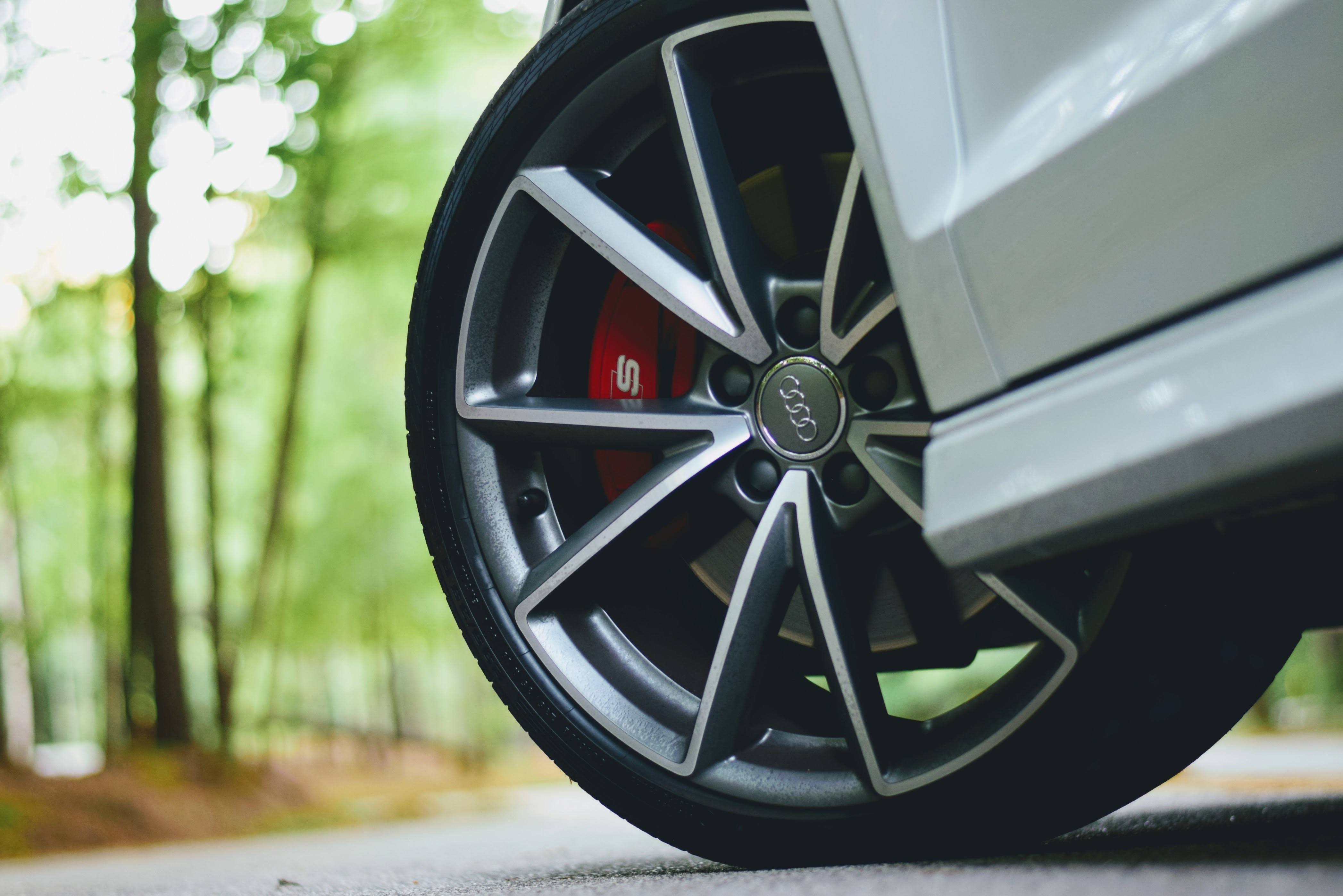Make Sure Your Car is Summer-Ready
May 29, 2019 | by BMI Staff
Impromptu road trips, weekend getaways, and cross-country vacations. These exciting adventures are all made possible by the inviting summer weather, but is your vehicle currently up to the task? Take a look at these tips for preparing your car for summers on the road.
Windshield Wipers
Replacing dirty windshield wipers will reduce the strain placed on your eyes as well as the risk for collision. When replacing blades, always check the windshield wiper fluid levels.
Brakes
Specific tells will inform you that your brakes are on their last leg. Pulsations when braking, grinding or squealing sounds, and longer stopping distances may occur when your brake pads are wearing out. Letting brake pads wear too thin could begin to damage your rotors. You’ll want to change your pads before the problem becomes that severe, as rotor damage is more difficult and expensive to repair.
Tires
Your tires should be rotated every 5,000 miles. Be sure to check your tire pressure frequently, especially before long road trips. To find the ideal pressure for each one of your tires, open the driver-side door and locate the sticker within the frame. This will feature the appropriate psi levels for both front and rear tires. It also features your tire’s sizes, information that will come in handy when you require new ones.
Lights
Be diligent about replacing burnt-out bulbs, and clean dirt and insects from lenses with a wet rag. If your headlights are a bit on the foggy side, a quick wipe down with a cloth and some toothpaste will make them as clear and shiny as the day you bought the car.
Air Conditioning & Cooling System
A weak air conditioning unit is more susceptible to failing in hotter temperatures, so getting it checked out prior to the summer season is recommended. Additionally, you’ll want to make sure your cooling system is at the right level and concentration, as summer breakdowns are most commonly caused by overheating. The recommended maintenance schedule for flushing and refilling these systems is every two years.
Emergency Supplies
Replace your winter supplies with survival materials more suited to the rising temperatures. Summer emergency supplies should include basic tools, a first-aid kit, a flare gun, and a flashlight. Beware, however, of storing bottled water in the car. There are small but present dangers to storing and drinking water in a hot car.
Now that you’re finished tuning up your ride, grab the kids, the dog, the neighbors—whoever!—and embark on your worry-free road trip.









